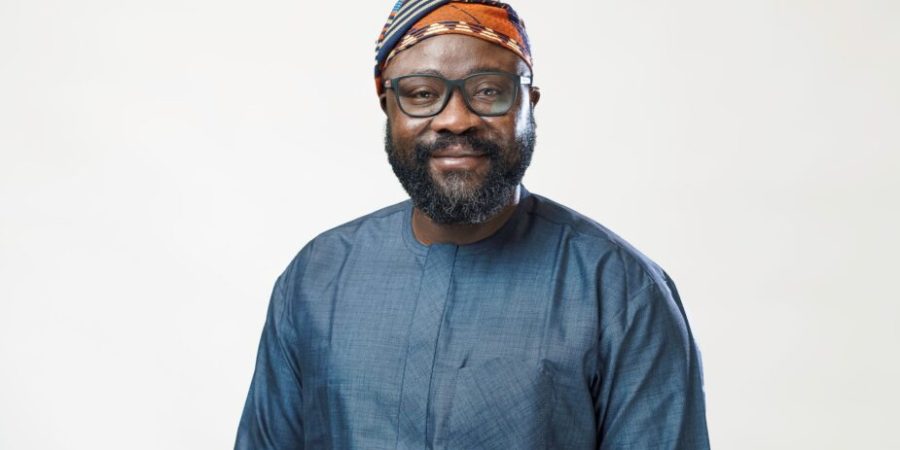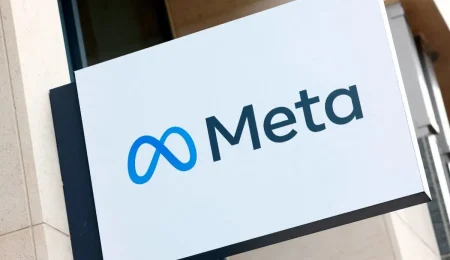Microsoft Nigeria’s Country Manager, Abideen Yusuf, said supporting tech start-ups and using Artificial Intelligence (AI) to solve local challenges can drive Africa’s sustainable growth and reduce the push for migration.
Yusuf stated this in an article, “Key Milestones Offer Markers for What is to Come in The AI Era,” presenting what could be learned from the last 30 years of technology evolution to position Africa for success in the next 30.
Yusuf said, “In Nigeria, we are already seeing the green shoots of AI opportunity.”
According to him, partnerships such as the one between the Microsoft Founders Hub and the NVIDIA Inception programme would help startups develop innovative African AI solutions.
The African financial services industry is making positive strides, with local and pan-African fintech startups such as Wall-X and CoTrust Equity adopting AI tools to offer new and personalised services for consumers and small businesses alike. Companies like Terragon and Trucki are helping drive African-led innovation in fields as diverse as marketing and haulage management, while others like ICE Commercial Power are helping small businesses and underserved communities to connect to reliable and affordable clean energy.
He explained that it was a unique opportunity to evolve from being a tech consumer to a producer, adding, “The challenges that Africans face financial inclusion, access to quality education, access to healthcare, AI-enabled agritech, and growing the formal and informal economies are relevant to countries worldwide.
“The solutions that Africans develop can be applied globally to solve these societal and economic challenges. Of course, technology without skills is a hollow promise.
“Support from private sector partnerships such as the AI National Skilling Initiative (AINSI) will help to build a generation of AI-skilled digital natives.”
He said if Africa could deliver on the promise of its youth population, and develop the digital skills and innovations needed globally, the next 30 years promise to be a new golden era for the continent.
“Developing a thriving digital economy that provides opportunities for Africans to stay in their communities while benefitting from much-needed jobs and revenues, the continent could become a net exporter of mutually beneficial AI-driven solutions,” Yusuf added.
Presenting the trajectory, he said, “1995 was in some respects a banner year for the nascent technology industry the PalmPilot was a smash hit, PlayStation took the world by storm, and a company named after a rainforest started selling books online. “The desktop computer was revolutionising access to computing, and Windows 95 had just been launched, rapidly becoming the world’s most popular operating system.
“Thirty years later, people have a powerful computer in their back pocket their smartphone, gamers across the globe can play together online, and technology is present in every facet of our lives.
“Life as we know it has been transformed by crucial innovations at key moments, enabling technology to be more accessible to billions of people, and opening avenues towards a vibrant global digital economy. “These innovations have changed technology from something you use hardware to something that is accessible through many channels.
“Today, the world is on the brink of another transformative era. Harnessing the power of AI, not only can companies and corporations introduce new efficiencies and speed of operations, but anyone with an idea can build something, opening the door for non-technical people to get involved in the technology world, from anywhere in the world.”
Bennett Oghifo
Follow us on:



